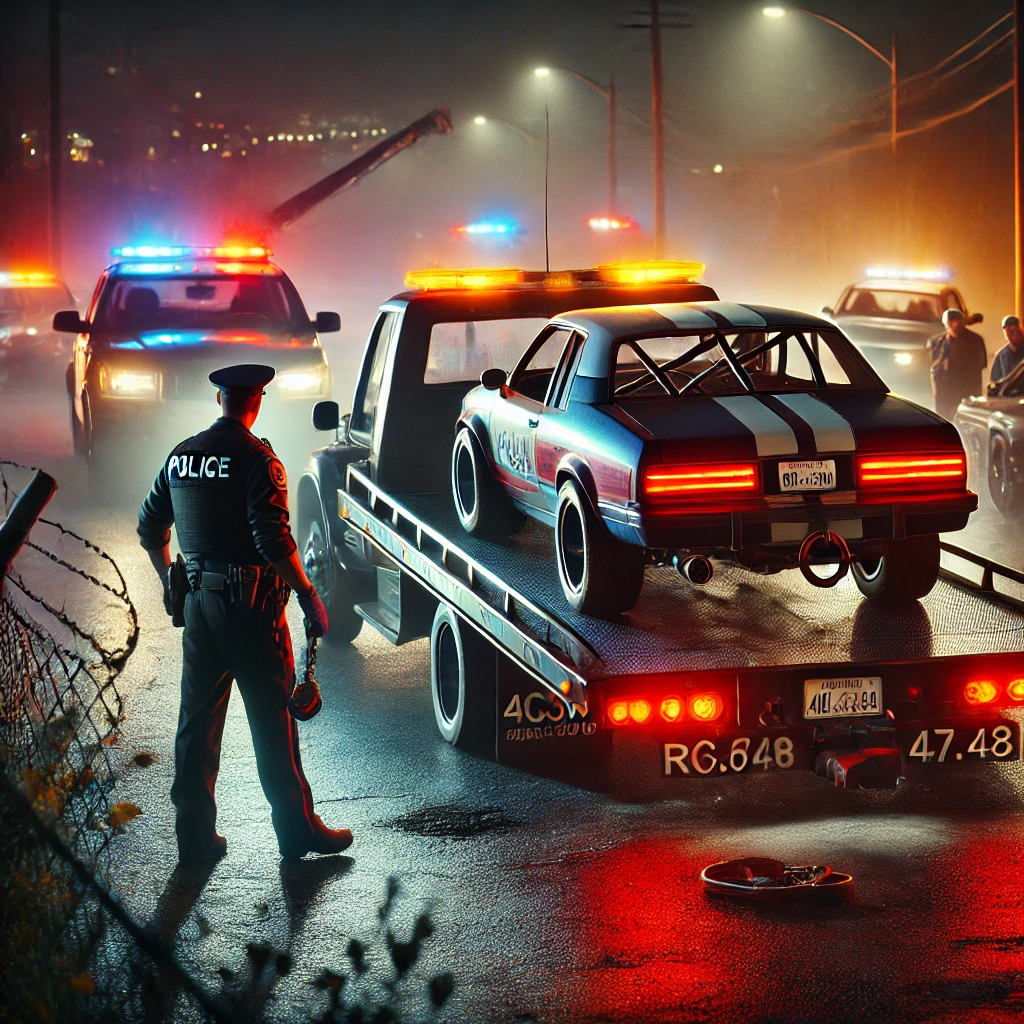Introduction: Street racing is not only dangerous but also illegal in Washington State. Under RCW 46.61.748, vehicles used in illegal racing are subject to impoundment and, in some cases, forfeiture. This statute serves as a deterrent to street racing by imposing severe consequences on those who engage in such reckless behavior. In this article, we will explore the key provisions of RCW 46.61.748, the process of vehicle impoundment and forfeiture, and the legal implications for individuals caught racing on public roads.
Key Provisions of RCW 46.61.748:
- Impoundment of Vehicles Used in Racing: Under RCW 46.61.748(1), any vehicle used to commit the crime of racing is subject to impoundment as outlined in chapter 46.55 RCW. This means that if a driver is caught participating in illegal street racing, law enforcement has the authority to impound the vehicle involved. This immediate consequence serves as a strong deterrent to would-be street racers.
- Forfeiture for Repeat Offenders: RCW 46.61.748(2) takes the consequences a step further for repeat offenders. If a driver has previously had a vehicle impounded due to illegal racing and is later convicted of a subsequent offense (initially charged under RCW 46.61.500 or 46.61.530), the vehicle used in the second offense may be subject to forfeiture. This means that the vehicle could be permanently taken away from the offender, reinforcing the seriousness of the offense.
- Conditions for Forfeiture:
- Conviction Required: For a vehicle to be forfeited, the driver must be convicted of the crime of racing under RCW 46.61.530, and the court must determine that the vehicle was used in committing the crime.
- Security Interest Protections: If the vehicle is encumbered by a bona fide security interest (e.g., a loan), the interests of the secured party are protected, provided they were unaware of the illegal activity.
- Seizure of the Vehicle: Law enforcement may seize the vehicle without a warrant if certain conditions are met, such as the vehicle being involved in a prior judgment of forfeiture or if there is probable cause to believe the vehicle was used in committing a felony.
- Forfeiture Proceedings: Upon seizure of the vehicle, the law enforcement agency must notify the owner and other interested parties within 15 days. If no claim of ownership is made within 60 days, the vehicle may be deemed forfeited if the operator is convicted of racing. If a claim is made, a hearing will be held to determine the rightful owner. If forfeited, the vehicle may be retained for official use by law enforcement or sold, with proceeds used to fund traffic safety programs.
Practical Implications: RCW 46.61.748 is designed to curb illegal street racing by imposing significant consequences on those who participate. The threat of vehicle impoundment and forfeiture acts as a strong deterrent, while the proceeds from forfeited vehicles are used to enhance traffic safety efforts. Drivers should be aware that engaging in street racing can lead to the loss of their vehicle, even if they have only been involved in such activities once before.
For more detailed information about the statute, you can review the full text of RCW 46.61.748 here.
Conclusion: RCW 46.61.748 provides law enforcement with the tools necessary to combat illegal street racing effectively. By allowing for the impoundment and potential forfeiture of vehicles used in racing, the statute sends a clear message that reckless driving will not be tolerated in Washington State.
Additionally, explore our client resources here for more details on how we handle similar cases.
About Blanford Law:
At Blanford Law, we are committed to providing relentless, fair, and honest legal representation. With over 20 years of experience, Ken Blanford founded our firm on the belief that every client deserves respect and the best possible defense, free from assumptions or preconceived notions. If you or someone you know is facing legal challenges, please contact us anytime at 253-720-9304 or email us at info@blanfordlaw.com.

